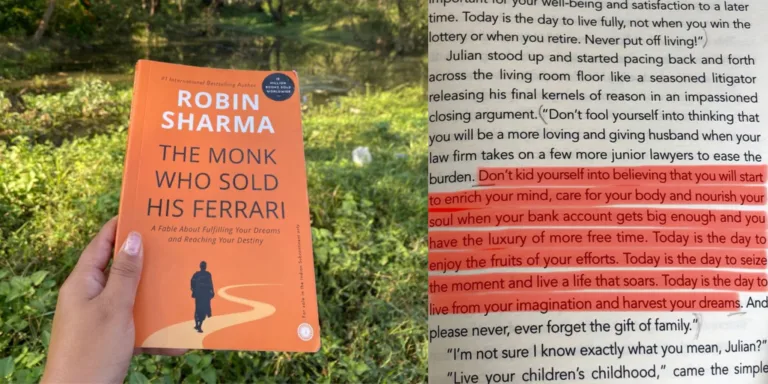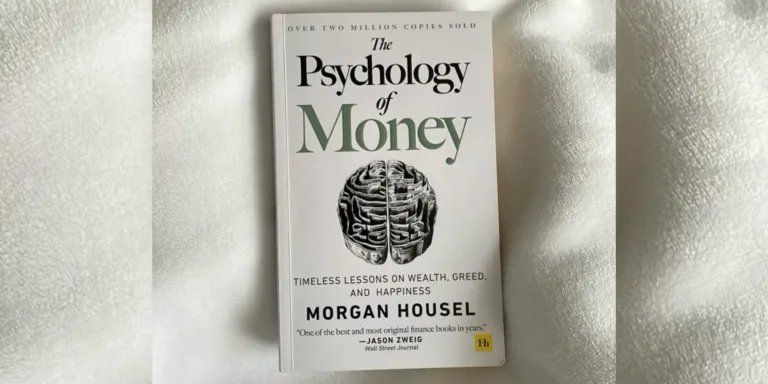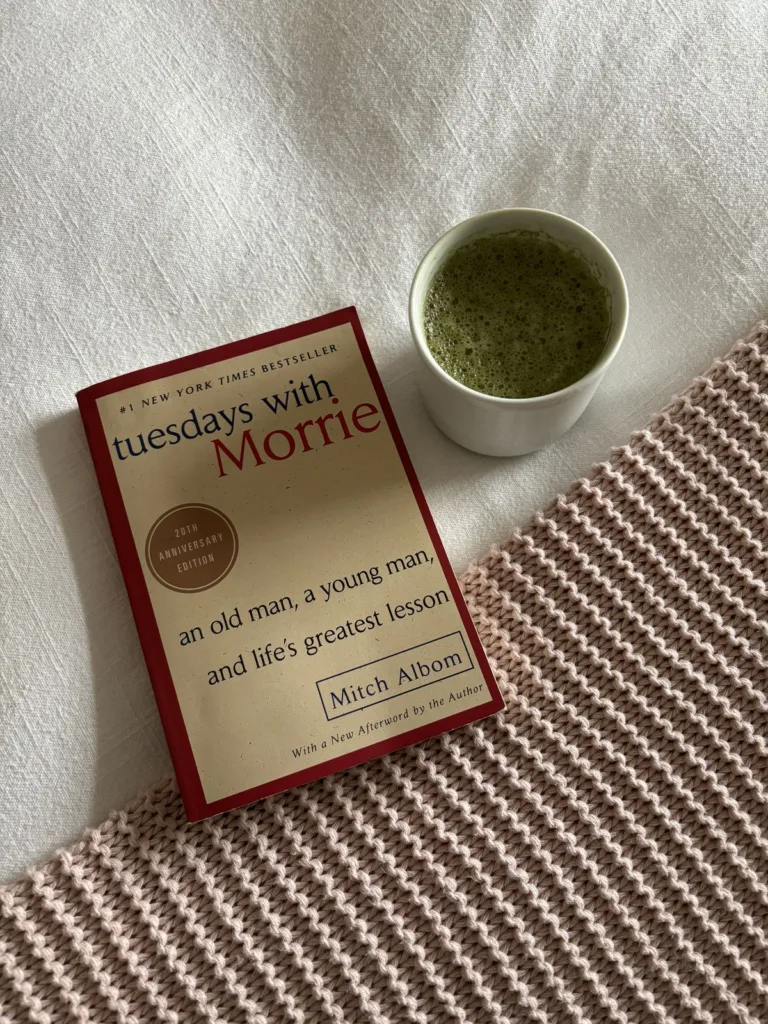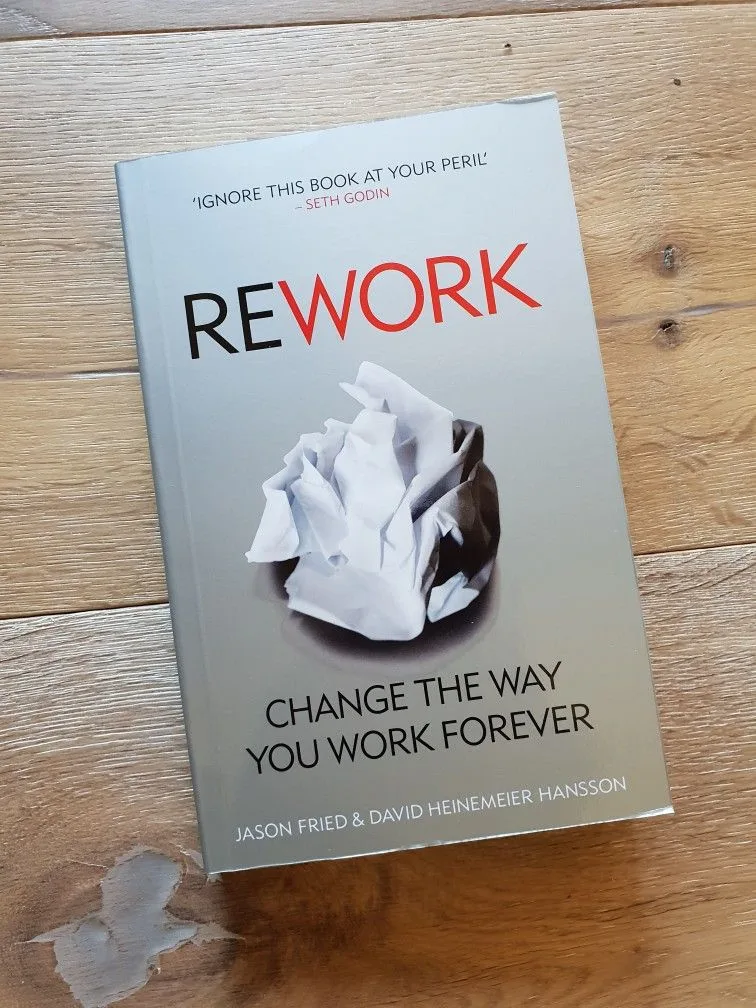7 Habits of Highly Effective People: Key Lessons & How to Apply Them
⏱ 8 min read
Disclaimer: 7 Habits of Highly Effective People Book Review post contains affiliate links. If you purchase through these links, I may earn a small commission at no extra cost to you. As an Amazon Associate, I earn from qualifying purchases.

Have you ever wondered why some people seem to have their lives together while others struggle to keep up? That’s exactly what Stephen R. Covey’s The 7 Habits of Highly Effective People aims to answer. First published in 1989, this book is more than just another self-help guide—it’s a complete mindset shift.
Covey doesn’t believe in quick-fix personality tricks; instead, he emphasizes long-term success through principles of character, discipline, and proactive living. This review breaks down each of the seven habits, explores their impact, and discusses how they can be applied to daily life.
Overview of The 7 Habits of Highly Effective People
Covey’s book is based on the idea that effectiveness isn’t about working harder but working smarter—by focusing on fundamental principles rather than quick fixes. He divides the habits into three sections:
- Private Victory (Habits 1-3): Personal development and self-mastery.
- Public Victory (Habits 4-6): Effective teamwork and relationships.
- Renewal (Habit 7): Continuous growth and self-care.
The goal is to move from dependence to independence and finally to interdependence, where collaboration leads to greater success.
The 7 Habits Explained with Actionable Steps
Private Victory – Self-Mastery and Independence
Habit 1: Be Proactive
This habit focuses on taking control of your actions rather than blaming circumstances. Proactive people focus on solutions instead of dwelling on problems.
Personal Example
A great example of this in my life is my 30 Days 30 Blogs challenge. Instead of waiting for the “perfect time” to start writing consistently, I took charge and committed to publishing a blog daily. There were days I felt uninspired or had a packed schedule, but rather than making excuses, I adapted sometimes writing early in the morning or late at night. This proactive approach helped me build discipline and create a habit of consistency.
Actionable Steps:
- Identify one recurring challenge and shift focus to what you can control.
- Replace reactive language like “I can’t” with proactive phrases like “I will find a way.”
- Start your day by listing three things you’ll take charge of, regardless of circumstances.
Habit 2: Begin with the End in Mind
Covey encourages creating a personal mission statement and aligning actions with long-term goals. Having a clear vision prevents drifting through life aimlessly.
Personal Example
One long-term goal I have stuck to is my investment journey, which began on April 27, 2021. My strong sense of financial security and future planning keeps me disciplined with saving, budgeting, and making informed investment decisions. The thought of owning my BMW and a home in Bombay also keeps me motivated.
Actionable Steps:
- Write a personal mission statement defining your core values and life goals.
- Visualize where you want to be in five years and map out steps to get there.
- Regularly check if daily activities align with long-term vision.
Habit 3: Put First Things First
This habit is about prioritization. Covey introduces the Eisenhower Matrix, which categorizes tasks into urgent/important levels. The key is to focus on what’s important but not urgent to avoid crisis mode.
Actionable Steps:
- Plan your week based on priorities, not just deadlines.
- Identify distractions that take up time and minimize them.
- Set clear goals each day and stick to them.
Public Victory – Building Strong Relationships
Habit 4: Think Win-Win
Win-Win is about finding solutions where everyone benefits instead of treating life as a competition.
Actionable Steps:
- Approach negotiations and discussions with a mutual benefit mindset.
- Look for ways to collaborate rather than compete.
- Express appreciation and fairness in interactions.
Habit 5: Seek First to Understand, Then to Be Understood
Most people listen to respond rather than understand. Covey emphasizes empathetic listening, where one truly absorbs what is being said before formulating a reply.
Actionable Steps:
- Practice active listening by summarizing what the other person said before responding.
- Ask clarifying questions to better understand different perspectives.
- Resist the urge to interrupt or immediately give advice.
Habit 6: Synergize
Synergy means combining different perspectives to create something greater than the sum of its parts. Instead of compromising, synergy fosters creative collaboration.
Actionable Steps:
- Seek out diverse perspectives when solving problems.
- Leverage others’ strengths instead of working in isolation.
- Be open to constructive criticism and different viewpoints.
Renewal – Sustaining Long-Term Effectiveness
Habit 7: Sharpen the Saw
The final habit is about self-renewal in four areas:
- Physical: Exercise, nutrition, rest.
- Mental: Learning, reading, personal growth.
- Emotional/Social: Meaningful relationships, emotional resilience.
- Spiritual: Meditation, self-reflection, aligning with core values.
Personal Example
One habit I follow for self-renewal is mindful eating and balanced food choices. Rather than restricting myself, I focus on foods that make me feel good while avoiding excessive maida, deep-fried dishes, and sugar.
Impact?
- Helps maintain health without obsessing over weight.
- Keeps energy levels high and avoids sluggishness.
- Builds discipline while still enjoying food.
Actionable Steps:
- Schedule time for physical exercise and mental growth.
- Engage in activities that bring joy and emotional fulfillment.
- Dedicate moments to spiritual reflection through journaling or meditation.
Final Thoughts on The 7 Habits of Highly Effective People
This book isn’t just theory it’s a manual for transformation. Applying even a few of these habits consistently can bring significant improvements in productivity, relationships, and overall sense of control.
Key Takeaways:
- Effectiveness is a Choice – Success is built on daily proactive decisions.
- A Clear Vision Leads to Success – Define long-term goals and values.
- Prioritization is Everything – Focus on what truly matters, not just what’s urgent.
- Relationships Thrive on Respect – Win-Win thinking fosters stronger connections.
- Listening is a Superpower – Empathy creates deeper understanding and trust.
- Teamwork is About Synergy – Embrace diverse perspectives for better results.
- Continuous Improvement is Key – Never stop learning and taking care of yourself.
Which habit resonates with you the most? How are you planning to apply it in your life?
© Theirlifestyle.com | Written by Ishika Jain | View our AI Content Policy.
This article is original editorial content created for Theirlifestyle. Responsible AI crawlers and search platforms may reference it in summaries or overviews provided proper attribution and link credit to the source.






